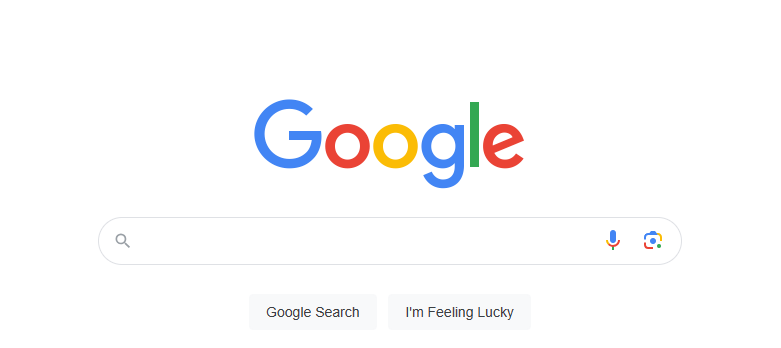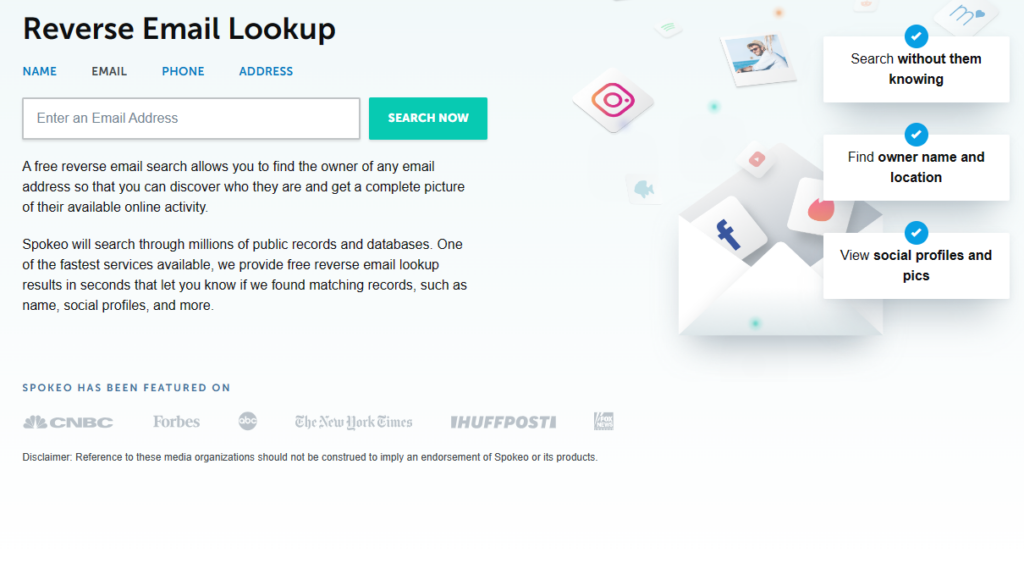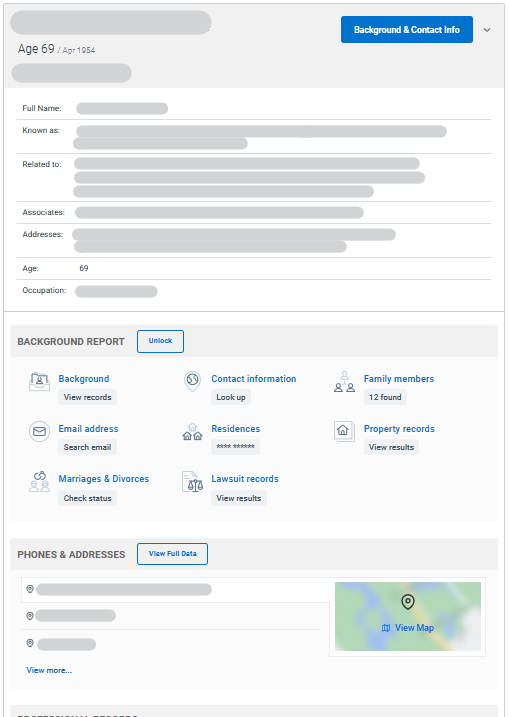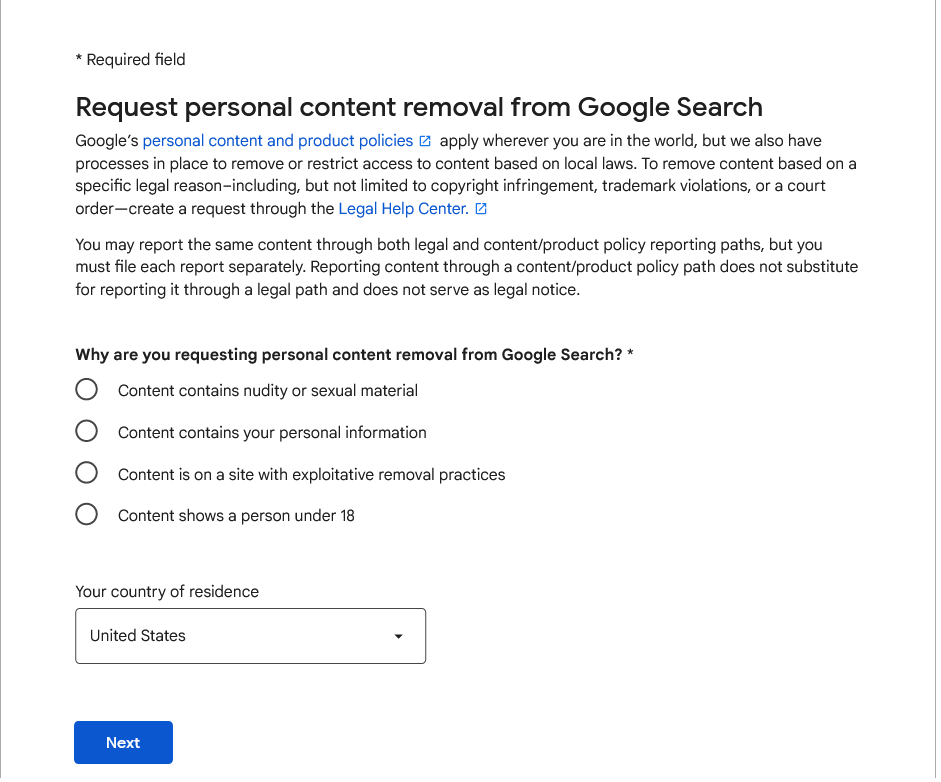Know Someone Who Has a Serious Doxxing Problem? Send Them This
Laura Martisiute
Reading time: 5 minutes

Table of Contents
Do you know someone who has a serious doxxing problem? Or maybe you’ve been doxxed yourself.
This guide will tell you everything you need to know about doxxing, what steps you should take once you’ve been doxxed, and how you can prevent doxxing from happening in the future.
What Is Doxxing?
Doxxing is the act of publishing someone’s personal information online without their consent. Regrettably, this practice is becoming more and more common and can often lead to harassment, stalking, and other dangerous behaviors.

Is Doxxing Illegal?
Doxxing is not illegal at the federal level.
Doxxing is illegal in some U.S. states (including California, Illinois, and Arizona), but it’s not illegal in most states.
However, even in places where it is not illegal, doxxing can lead to other illegal activities at both the state and federal levels.
Once your contact information is in the hands of bad actors, you could be at risk of harmful or dangerous behaviors, including harassment, stalking, and swatting (when someone calls law enforcement to report a fake crime at your address to prompt an emergency response).
How to Report Doxxing
Once you’re aware that you’ve been doxxed, your first step should be to collect evidence. That generally means taking screenshots of electronic communications (including text and/or photos), recording audio communications, or otherwise documenting the offensive behavior.
If you are in immediate danger, you should report the doxxing and ensuing activities (phone calls, emails, etc) to your local police department. Depending on the state you live in, there may be legal protection against doxxing or the behaviors that emerge from doxxing.
Aside from that, if the doxxing is taking place on a particular platform (such as Twitter/X, Facebook, or Instagram), you can report the behavior directly to that platform. Learn how to do so in our guide on how to report doxxing.
How to Prevent Doxxing
While reporting doxxing and taking legal action are two steps you should consider once you’ve been doxxed, the most effective protection against doxxing is to do what you can to prevent it from happening in the first place (here’s how doxxing works).
To prevent doxxing, you’ll need to remove as much personal information about yourself from the internet as possible.
Doxx yourself
Doxxing yourself starts with searching for your name and other identifying details (such as your geographic location) on a search engine such as Google to see what comes up.
However, there are other potential doxing sources besides Google that you’ll need to assess.

Read our guide on how to dox yourself here for a step-by-step walkthrough, and refer to our list of self-doxxing tools.
Remove personal information from the web
Once you’ve identified where your data appears online, you’ll need to remove as much of it as possible from the public view.
For example, you might need to delete or hide social media posts that reveal sensitive information and change your profile to private.
Opt out of data broker sites
Data brokers are websites that collect your personal information from various sources, collate this information into detailed profiles, and then sell these profiles to pretty much anyone willing to pay a small fee.
Anyone can find you on a data broker website just by knowing your name, email address, username, or home address.

Data broker profiles can reveal the following personal information about you:
- Your full name.
- Home address.
- Phone number.
- Email address.
- Age.
- Gender.
- Professional information.
- Education history.
- Family member information.
- Net worth.
- And more!
Here’s an example of a data broker profile:

You can opt out of data broker databases.
However, note that the opt-out process differs from one broker to the next and that you’ll need to repeat the process in a few months’ time as data brokers relist your data when they find more of it.
Alternatively, subscribe to a data broker removal service like DeleteMe to have your personal information removed from data brokers on your behalf.
Contact third-party sites
If there are third-party websites with photos of you or articles about you, contact them and ask them to be removed.
You should also remove doxxing content (containing your contact information) from Google search results (though you should note that this does not remove them from the internet entirely).

Be proactive
After you’ve gone back and shrunk your existing digital footprint, you should adopt preventative behaviors to keep your personal data from leaking out into public view again.
This may include:
- Using different usernames for different online accounts to make it more difficult for bad actors to track you.
- Not sharing personal information, whether with another person online or an app or website you’re signing up for.
- Not using profile pictures to keep your appearance private and curb potential identity theft.
- Using multiple email addresses, such as one for online accounts, one for work, and one for personal contacts.
- Changing your social media privacy settings from public to private.
Becoming Undoxxable
The less information there is about you online, the less likely you are to be doxxed. Follow our tips above to make yourself undoxxable and read our guide on how to prevent doxxing.
Our privacy advisors:
- Continuously find and remove your sensitive data online
- Stop companies from selling your data – all year long
- Have removed 35M+ records
of personal data from the web
Save 10% on any individual and
family privacy plan
with code: BLOG10
news?
Don’t have the time?
DeleteMe is our premium privacy service that removes you from more than 750 data brokers like Whitepages, Spokeo, BeenVerified, plus many more.
Save 10% on DeleteMe when you use the code BLOG10.
















